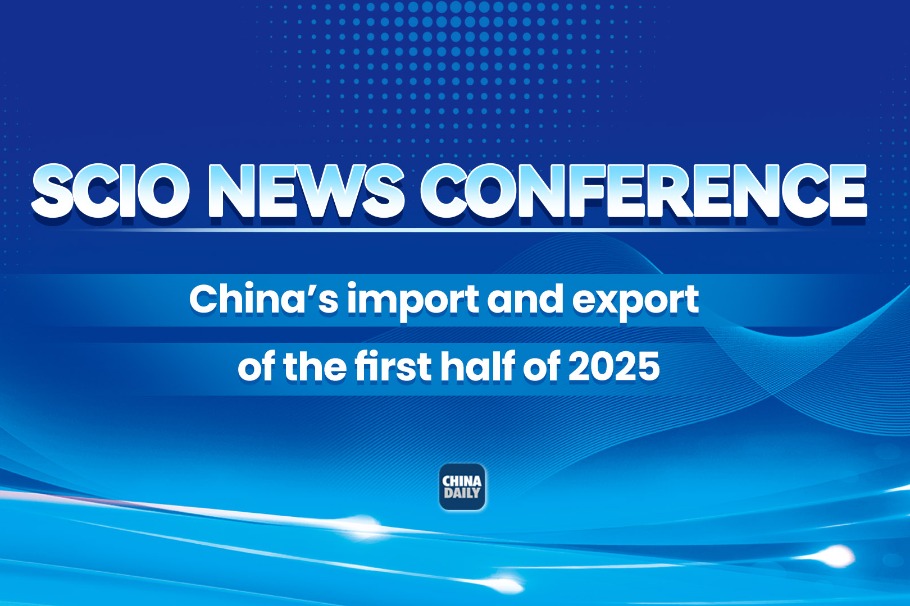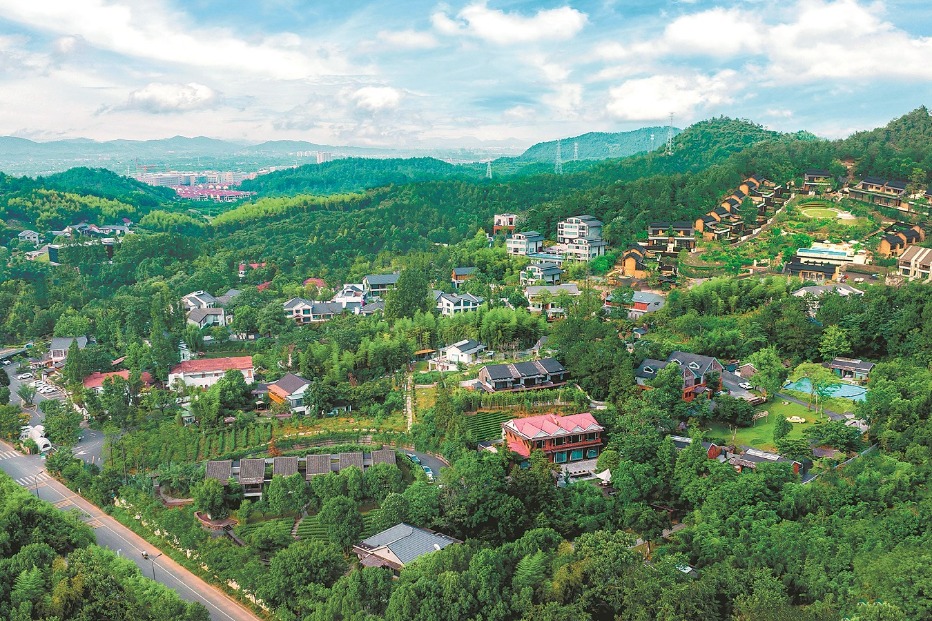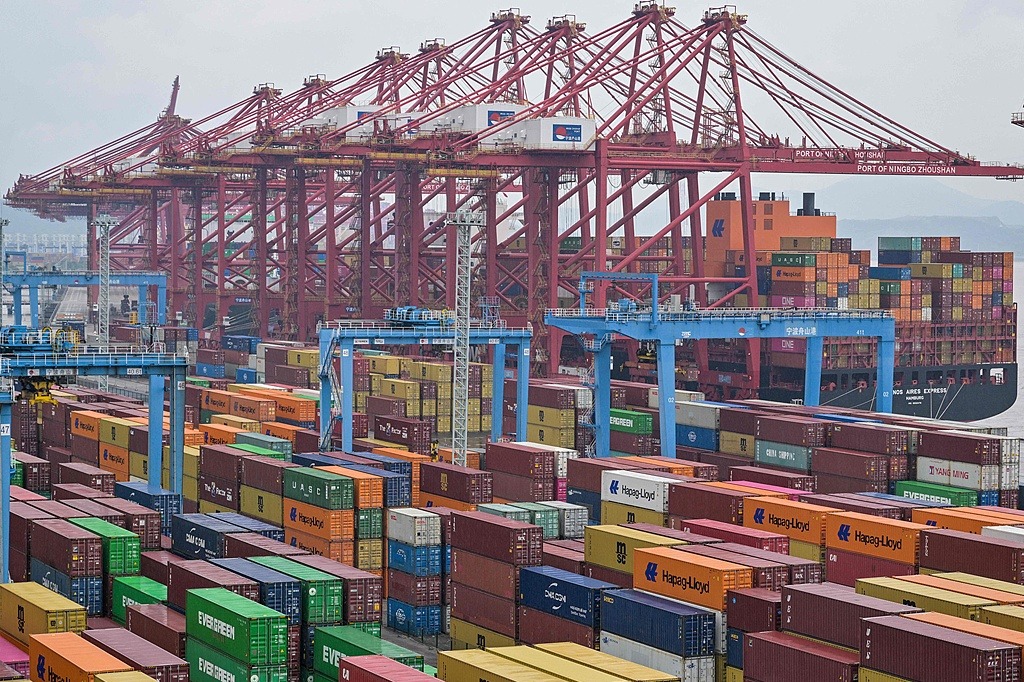Beware of the return of McCarthyist politics

The anti-Chinese sentiment is shown by the recent directive from Texas Governor Greg Abbott to state agencies to divest from China-related operations, which is deeply concerning. Abbott, the highest elected official in a state whose economy would rank as the eighth-largest in the world if Texas were an independent nation, wields considerable influence in not just the state, but across the United States as well. His actions, which align with the broader narrative of suspicion toward China, could set a troubling precedent for other US states and the federal government.
Abbott's loyalty to president-elect Donald Trump further intensifies the implications of his directive. Abbott was at one point even considered a potential vice-presidential candidate during Trump's campaign. This association underscores the alignment of the Texas governor's policies with the broader nationalist and protectionist agenda that has gained traction in recent years. As the nation approaches January 2025, when a new administration will take office, Abbott's actions could embolden other states to adopt similar measures, fueling an anti-China wave that could disrupt not only bilateral relations but also global stability.
Abbott's orders are emblematic of a broader trend that analysts fear resembles a modern-day McCarthyism, a political climate dominated by fear, suspicion, and scapegoating of foreign powers. This emerging pattern of Sinophobia has the potential to engulf the US in an irrational paranoia that equates competition with enmity. While competition between the US and China is natural in areas such as technology, trade and even geopolitics, it does not necessitate outright hostility. Portraying China as an adversary, as Abbott's rhetoric and directives do, undermines the possibility of meaningful cooperation between the world's two largest economies.
What is especially troubling is the stark contrast between the growing anti-China sentiment in Texas and the urgent need for greater collaboration between the two largest economies. As global interdependence deepens, strategic partnerships, not divisive policies, are essential for ensuring economic prosperity and global stability. The notion that divestment from China-related operations serves the interests of Texas or the US is short-sighted and misguided. Instead, what is needed is a concerted effort to foster understanding, build trust, and work toward common goals.
Abbott's orders reflect a misguided perception of China as an existential threat to the US. This narrative ignores the complexities of the US-China relationship, which is characterized by both competition and cooperation. It also disregards the significant economic interdependence that has been built over decades.
The implications of a Sino-US decoupling extend far beyond the borders of the two countries. A world where the US and China are locked in a zero-sum rivalry would be marked by economic disruption, technological stagnation and heightened geopolitical tensions. Developing countries, in particular, would suffer from the ripple effects of such a decoupling, as they rely on the stability and cooperation of the global economy's two biggest players.
Moreover, the ideological framing of China as an adversary risks exacerbating cultural and racial tensions within the US. Anti-Chinese sentiment often spills over into discrimination against individuals of Chinese descent, fostering division and eroding the social fabric of a multicultural nation. This xenophobia, reminiscent of the "Red Scare" era, has no place in a society that prides itself on diversity and inclusion.
Rather than stoking fears and deepening divides, leaders such as Abbott should focus on fostering strategic collaboration between the US and China. While competition is inevitable, it should be framed as a healthy and productive force that drives innovation and progress. Efforts to address shared challenges, such as combating climate change, ensuring global health security, and promoting peace and prosperity, require the active participation of both countries.
The world truly stands at a crossroad. The path of fear, suspicion and decoupling leads to fragmentation and instability. The alternative, a path of patient diplomacy and mutual understanding, offers the promise of a more stable and prosperous future for all. Abbott's directives may resonate with certain political constituencies, but they risk setting a dangerous precedent that undermines the broader interests of Texas, the US, and the world. It is imperative that such actions be condemned with clarity and that leaders on both sides of the Pacific work toward building bridges rather than walls.
The author is the founder of the China-Europe-America Global Initiative, editor of China and the World in three volumes, and the creator of the Inspiring Series, a collection of books that aims to introduce China to the world. The forthcoming edition in the series is titled China: Inspiring Greater Bay Area.






























